As temperatures soared and winds blew, thousands of hectares of farms, gorse and forestry burned out of control in counties across the country.
Farmers have been reminded that it is an offence to burn from 1 March to 31 August, as an estimated 20 to 30 wildfires are ongoing across the country.
The largest of those is in Cloosh Valley, Co Galway, where over 1,500ha of forestry and 2,000ha of bogland have been destroyed.
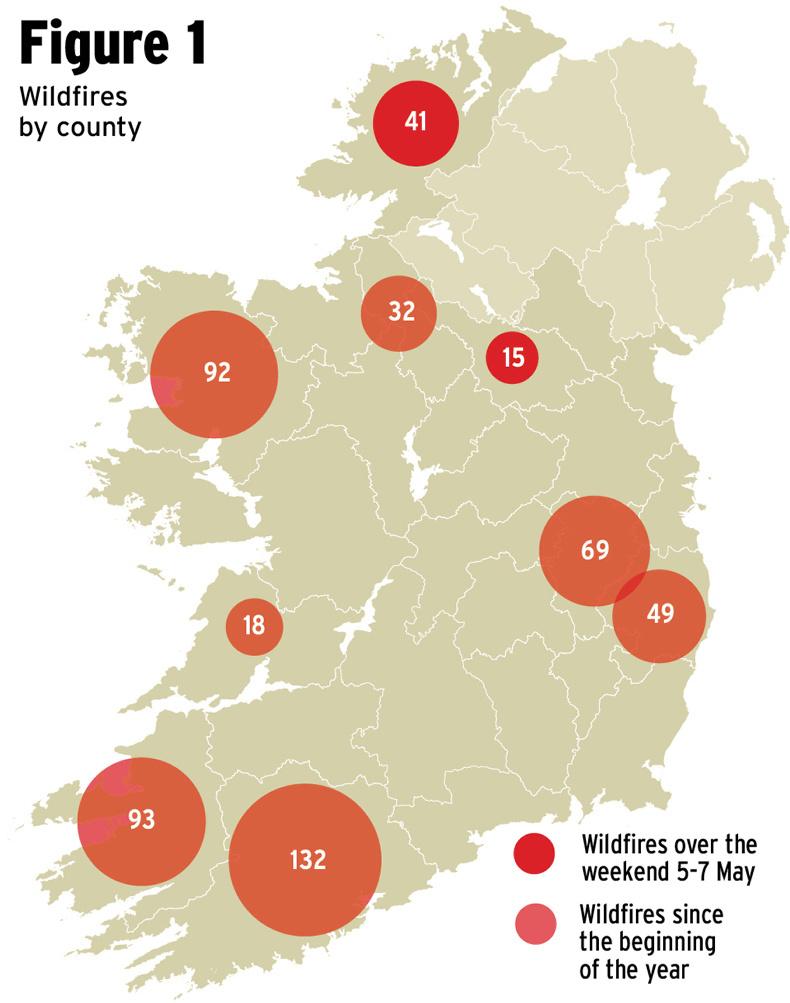
“The recent outbreak of fires, particularly across the west and north of the country, has been responsible for the worst damage to Coillte’s estate since 2011,” said Coillte managing director Gerard Murphy.
“The combined loss of productive timber, together with the cost of replanting the affected areas, will result in a multi-million euro bill.”
While weather conditions have greatly increased the risk of gorse and forest fire, deliberate fire setting has also been a significant factor in the cause of many of the fires on Coillte property around the country, the national forestry company has said.
Fires are monitored by EU Copernicus and US NASA data streams and by 21 April this year, 50 illegal fire locations in Ireland were detected.
In a statement issued on Tuesday, Minister for Agriculture Michael Creed reminded farmers “that where land has been burned, it is not generally eligible for Basic Payment”.
From 1 January to 3 May, Cavan County Fire Service dealt with four fires but were hit with 15 gorse or forest fires from 4 to 8 May alone, mostly in the west Cavan area.
Similarly, from 5 to 7 May, the Donegal fire service attended 41 incidents.
The management of the uplands and the changes to burning dates in the Heritage Bill have been brought into sharp focus as the spate of wildfires continues.
A 2015 study of 60 Wicklow upland farmers by Teagasc’s Fergal Maguire shows that the number of ewes and lambs grazing the hills between May and July fell by 83% between 1999 and 2014, dropping from more 5,082 in 1999 to just 856 in 2015.
According to Ciaran Nugent of the Forest Service in the Department of Agriculture and John Casey of Teagasc, upland areas must be brought back into active/productive management that balances the needs of both agriculture and the environment.
They maintain that traditional controlled burning techniques and traditions need to be updated to fit within the modern landscape.
Red alert
With Met Éireann predicting the current dry conditions to continue for the remainder of the week, the country remains on red alert.
Junior Agriculture Minister Andrew Doyle along with Coillte, IFFPA and the Irish Timber Growers Association are asking the public to be extra vigilant towards the dangers of wildfire and be mindful that responsible behaviour, including acting safely and conscientiously in rural environments, can significantly reduce the chance of wildfires starting.





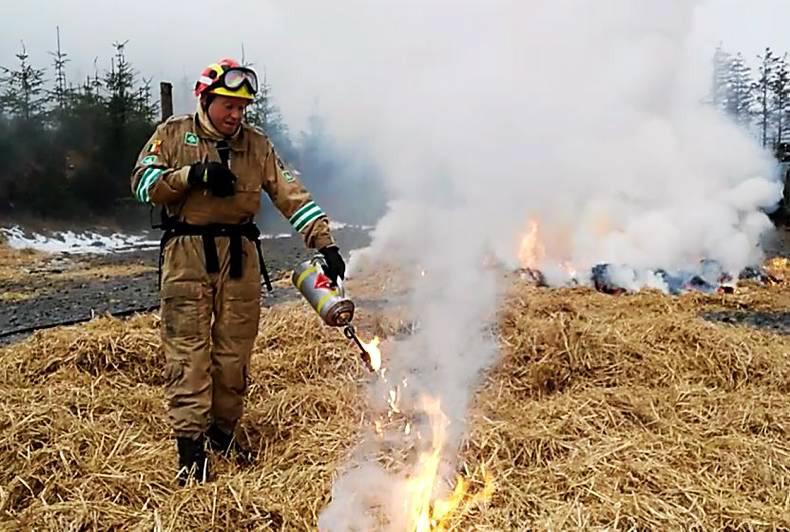

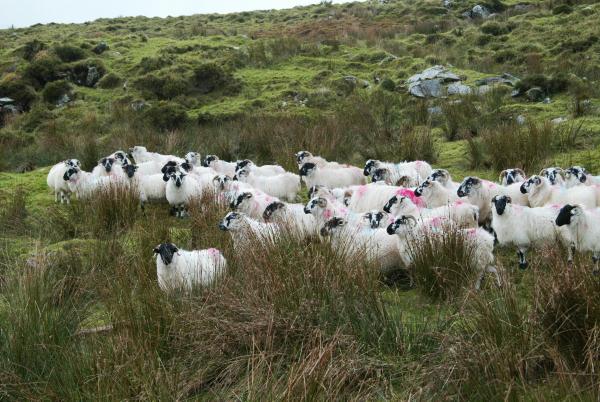
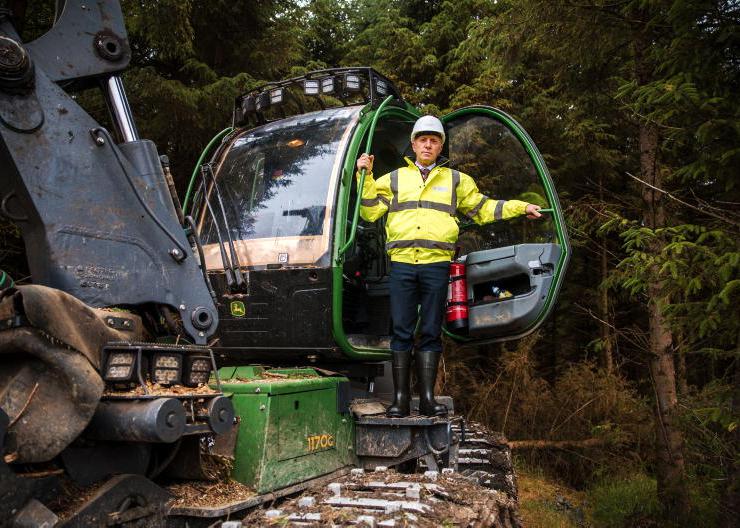
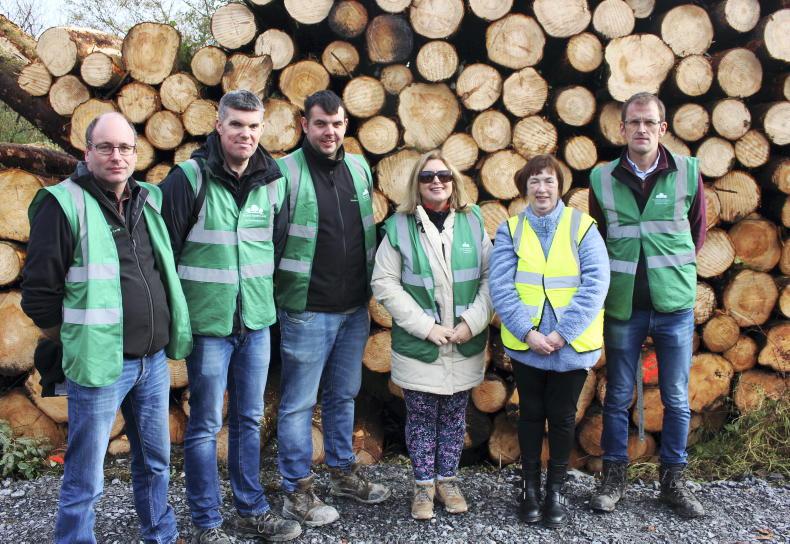
SHARING OPTIONS